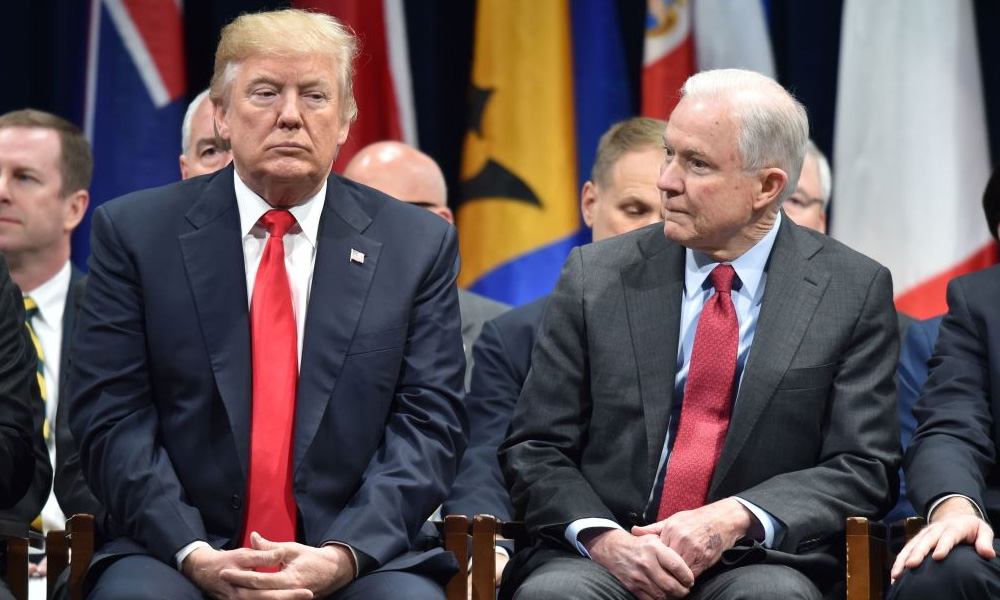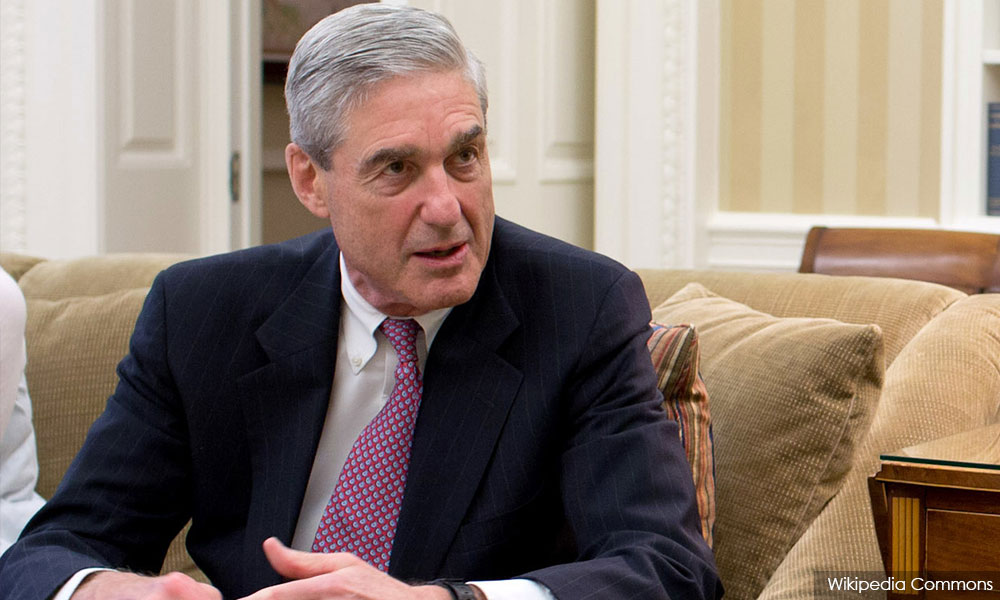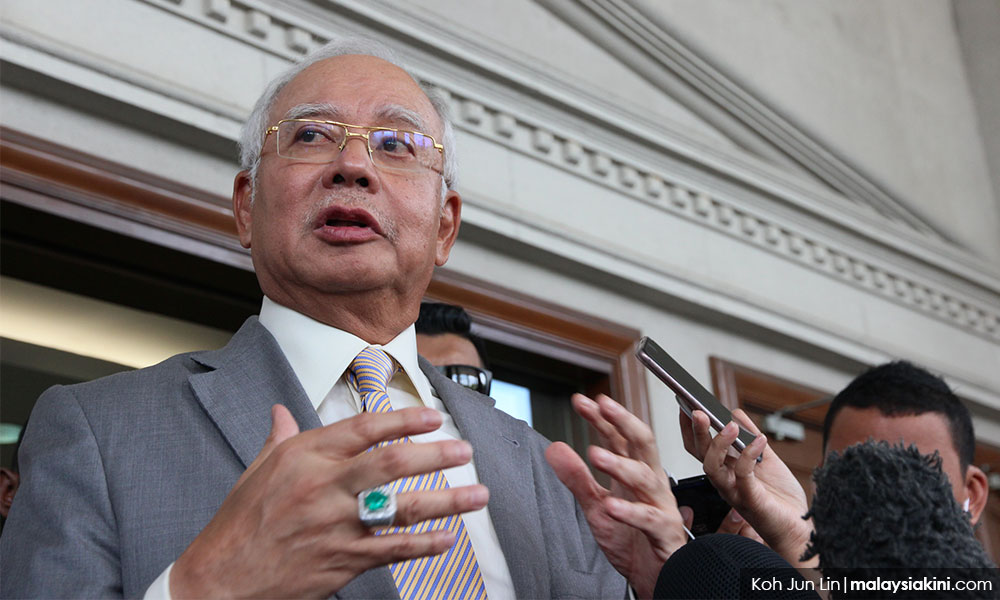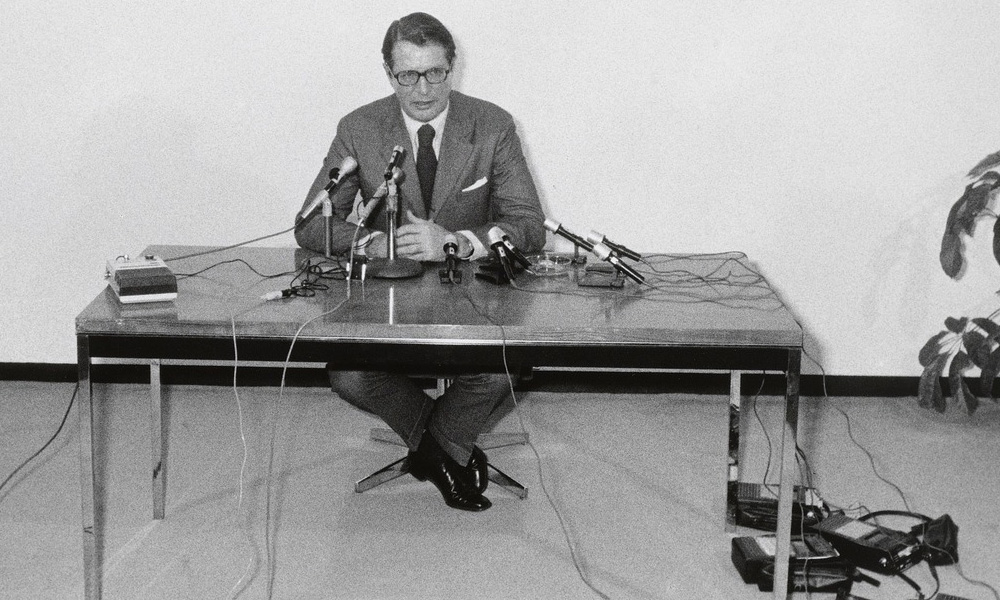
Editor’s note: This is the first of a two-part series.
It’s not often that Malaysia is able to serve as a cautionary tale for the United States. Today we explore what Trump can learn from Najib and Malaysia, while tomorrow, we will explore what Malaysia might learn from Trump and the 2018 midterm elections.
When US President Donald Trump removed Jeff Sessions from his post as US Attorney General, however, it was impossible not to see the parallels to how former prime minister Najib Abdul Razak removed former attorney-general Abdul Gani Patail.
In both cases, the country’s top executive was under investigation, and the top government lawyer was replaced by someone deemed more loyal and likely to shut down the said investigation.
Sessions was appointed attorney general in February 2017. Sessions should be credited for at least being smart enough to recuse himself from any investigation into Russian interference in the 2016 presidential elections less than a month after assuming office.
In May 2017, deputy US attorney-general Rod Rosenstein appointed former FBI director Robert Mueller (photo) to lead the Special Counsel Investigation into the Russian interference.

Mueller, a registered Republican whose appointment to the FBI twice passed with zero votes against him in the Senate, has since produced dozens of federal indictments and at least eight guilty pleas or convictions.
Blatant abuse of power
Throughout this process, Trump appears to have continuously attempted to abuse his power. Trump reportedly urged him to reverse the recusal on at least three additional occasions during 2017.
When Sessions refused, Trump publicly attacked him multiple times via Twitter and in public comments, saying he regretted choosing him as attorney-general and that he never would have done so if he had known Sessions was going to recuse himself from the investigation.
According to senator Jeff Flake, "the president has been pushing [Sessions] very openly to go after the president’s enemies and lay off his friends," adding "And so far, Sessions, bless his heart, has resisted and maintained that the judiciary needs to be independent."
In an August interview, Trump complained that Sessions "never took control of the Justice Department," to which Sessions, in a rare response, said: "While I am attorney-general, the actions of the Department of Justice will not be improperly influenced by political considerations. ... I took control of the DOJ the day I was sworn in."
On Nov 7, after the mid-term elections, Sessions tendered his resignation at Trump’s request.

In Malaysia, Najib had it much easier, with less scrutiny, and less history of institutional integrity to consider.
In the end, then chief secretary to the government Ali Hamsa blindsided Gani by announcing abruptly that the attorney-general had “stepped down due to health reasons”.
No one was fooled, but Gani eventually chose not to fight back, for whatever reasons, making Najib’s move a shrewd and decisive one.
Gani Patail was replaced by Najib loyalist Mohamed Apandi Ali, who predictably proceeded to stack the deck in every possible way in Najib’s favour.
Gani Patail was replaced by Najib loyalist Mohamed Apandi Ali, who predictably proceeded to stack the deck in every possible way in Najib’s favour.
Trump has now similarly made the controversial (and legally questionable) appointment of Matthew Whitaker to the post of acting attorney-general.
Whitaker has been an extremely vocal critic of the Mueller investigation and is known to be a Trump loyalist. One imagines we will see from Whitaker what we saw from Apandi.
Remembering Nixon’s disgraced legacy
Trump, as it happens, is not the first American president to have fired an attorney-general who did not dance to the president’s tune.
The most famous other incident happened in 1973. Attorney-general Elliot Richardson (photo) had appointed special prosecutor Archibald Cox to investigate the events surrounding the Watergate scandal.

Frustrated by the progress of that investigation, President Richard Nixon ordered Richardson to fire Cox.
Richardson refused and resigned in protest. Nixon then ordered deputy attorney-general William Ruckelshaus to do the same; Ruckelshaus also refused and also resigned in protest.
Nixon finally got the third in command at the Justice Department to do his bidding and fire Cox. All this happened in one single Saturday, and was dubbed the “Saturday Night Massacre”.
Today, Trump is clearly failing to heed the lessons of history.
Less than a week after Cox was fired, for the first time, a plurality of American supported impeaching Nixon (44 percent in favour, 43 percent opposed, and 13 percent undecided).
Less than a year after Cox was fired, Nixon was facing almost certain impeachment and became the first and only American president to have ever resigned from office.
Not long after replacing Gani with Apandi, Najib faced a similarly disgraceful legacy – having led BN to its only ever electoral defeat in Malaysian history.
Will people forget?
Firstly, in the court of public opinion, the actions of Nixon, Najib and now Trump are one of the most startling possible admissions of guilt.
Secondly, people really don’t like it if you go too far in abusing the principles of separation of powers.
It is thus unsurprising that Trump chose to do this now, right after an election, to minimise the effect of electoral backlash in the near future.
Perhaps he is hoping that things will simply blow over and be forgotten.
However, as Nixon found out in 1974, and Najib in 2018 – people don’t always forget so easily.
TOMORROW
What Malaysia can learn from the 2018 midterm US elections
NATHANIEL TAN notes the coincidence that a lawyer currently on Robert Mueller’s team, Kyle Freeny, previously worked on 1MDB-related cases for the US Justice Department. - Mkini



No comments:
Post a Comment
Note: Only a member of this blog may post a comment.